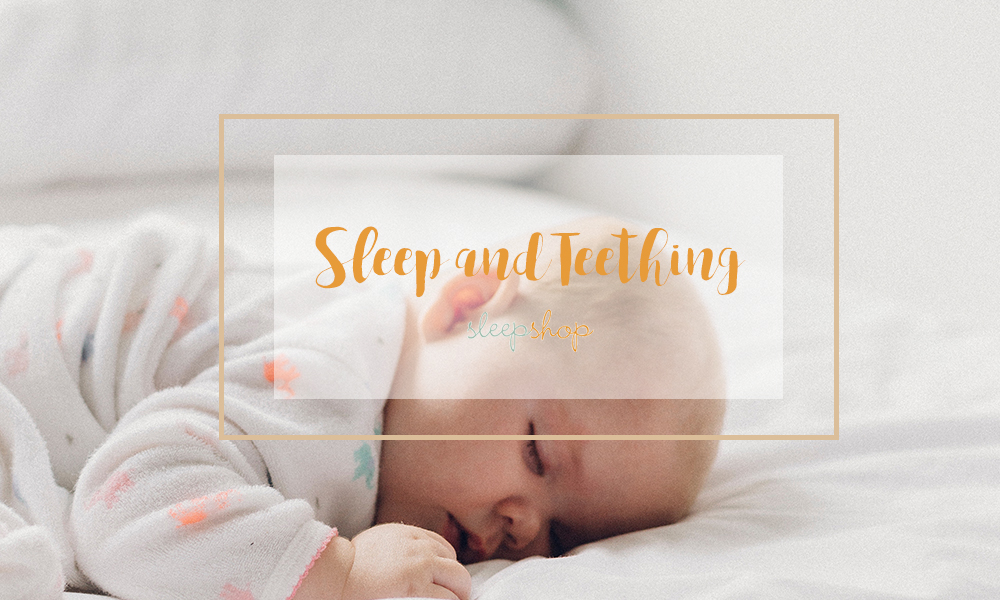There seems to be a general consensus with parents that if your little one is acting a bit differently than usual, he is probably teething. And while that certainly may be the case, popping new teeth should not be the cause of countless sleepless nights for you or your child.
A recent long-term study on teething took a look at the “signs and symptoms associated with primary tooth eruption”. As part of the research, dentists in Brazil visited the homes of infants believed to be teething every day for 8 months. The dentists took the babies’ temperatures, checked their gums, and talked to the parents about their infants’ behaviors. The study found what {almost} every parent can attest to: teething is “associated with sleep disturbances, drooling, rashes, runny noses, diarrhea, appetite loss, irritability, and slight rises in temperature. But the interesting thing is that these symptoms consistently occurred only on the day that a child’s tooth erupted and one day after. No symptoms regularly occurred in the days before the tooth appeared.”
Now, we are the first to agree that every child is unique (see our post on personalities and sleep training here). But according to scientific research, some things are the same. Indeed, according to this teething study, “so-called teething symptoms frequently occurred in non-teething infants, too—it’s just that they were more likely to happen when the infants were teething. They also found that no specific symptom occurred in more than 35% of teething infants. In other words, non-teething kids often seem like they’re teething, and teething kids don’t all have the same symptoms.”
So what’s a mom-on-a-schedule to do? First and foremost, if your child seems to be in pain or discomfort, whether from teething or an unrelated issue, attend to your child. We do not advocate letting a child in pain cry it out. We do encourage parents to closely monitor and get a read on your child’s behavior. Should your child who is showing obvious signs of teething (an erupting tooth, digestive disturbances, drooling), wake up in the night crying, we recommend treating the symptoms in the manner suggested by your doctor, comforting your child, and putting them down awake. Yes, this last part is often the hardest for many parents. But once you have done what you can to care for and comfort your child, he needs to fall back to sleep on his own. It’s when we introduce sleep crutches (like rocking baby to sleep) that these smart little beings begin to ask for it every time.




